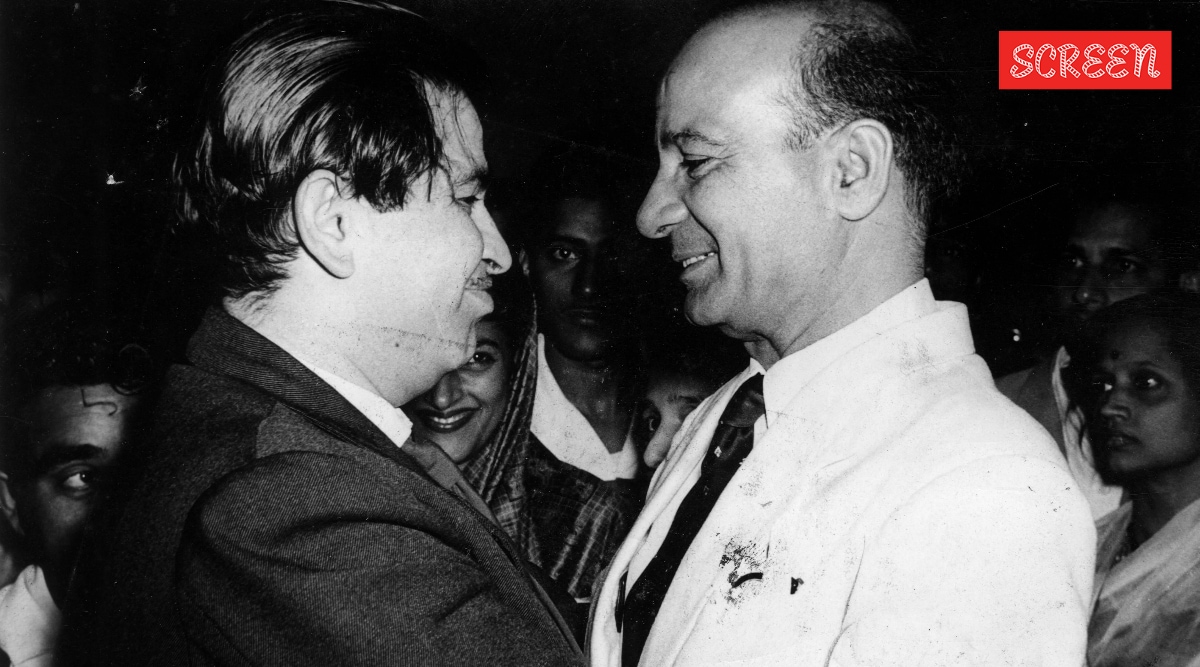Bollywood Legend Motilal: From Gandhi's Admiration to a Tragic End, Inspiring Generations

The name Motilal might not immediately ring a bell for younger generations, but within the annals of Indian cinema, he stands as a titan. A pivotal figure in Bollywood's Golden Era (1940s-1960s), Motilal’s impact extended far beyond the silver screen, influencing acting styles and captivating audiences with his charm and versatility. Sadly, his story is also one of tragic decline, ending with a penniless demise despite a glittering career. This is the poignant tale of a legend whose life, both in its triumphs and its sorrows, continues to resonate.
A Career Defined by Versatility and Grace
Born Motilal Rajkhowa in Calcutta (now Kolkata) in 1915, Motilal began his acting career in the 1930s. He quickly rose to prominence, becoming known for his sophisticated demeanor, impeccable style, and ability to portray a wide range of characters – from the urbane gentleman to the mischievous trickster. His performances in films like Bhakta Toran (1936), Kismet (1943), and Andaz (1949) cemented his status as a leading man, and he became a favorite of audiences across India.
The Influence on Generations of Actors
Motilal's influence on subsequent generations of actors is undeniable. Perhaps the most prominent example is Amitabh Bachchan, who has often spoken of Motilal as a major inspiration. Bachchan admired Motilal’s ability to convey complex emotions through subtle expressions and gestures, a technique that became a hallmark of Bachchan’s own acting style. Naseeruddin Shah and many other prominent actors also acknowledge Motilal’s contribution to the art of acting in India. He essentially helped shape the modern Bollywood acting style, emphasizing realism and nuanced character portrayals.
Beyond the Screen: A Man of Principle
Motilal's appeal wasn’t limited to his acting prowess. He was also known for his principles and his connection to prominent figures of the time. Remarkably, Mahatma Gandhi himself was a great admirer of Motilal, appreciating his integrity and his commitment to social causes. This association further elevated Motilal’s stature and solidified his image as a man of character.
The Tragic Decline: A Victim of Extravagance
Despite his success and fame, Motilal's later years were marked by financial hardship. He was known for his extravagant lifestyle, indulging in expensive cars, lavish parties, and a penchant for collecting antiques. Unfortunately, his spending habits outstripped his earnings, and he gradually depleted his fortune. By the time of his death in 1979, he was living in relative poverty.
A Final, Poignant Role
Fittingly, Motilal's final film role in Priyatama (1977) saw him play a character remarkably similar to himself – an aging, once-successful actor grappling with declining fortunes. The film’s climax, where his character finds a semblance of dignity only in death, is often seen as a poignant reflection of Motilal's own life. It was a bittersweet farewell from a beloved star.
Motilal’s story serves as a cautionary tale about the fleeting nature of fame and fortune. Yet, it is also a testament to his enduring legacy as a pioneering actor, an inspiration to generations, and a man who earned the respect of some of the most influential figures in Indian history. His contribution to Bollywood remains invaluable, ensuring his place as a true legend of the Golden Era.





